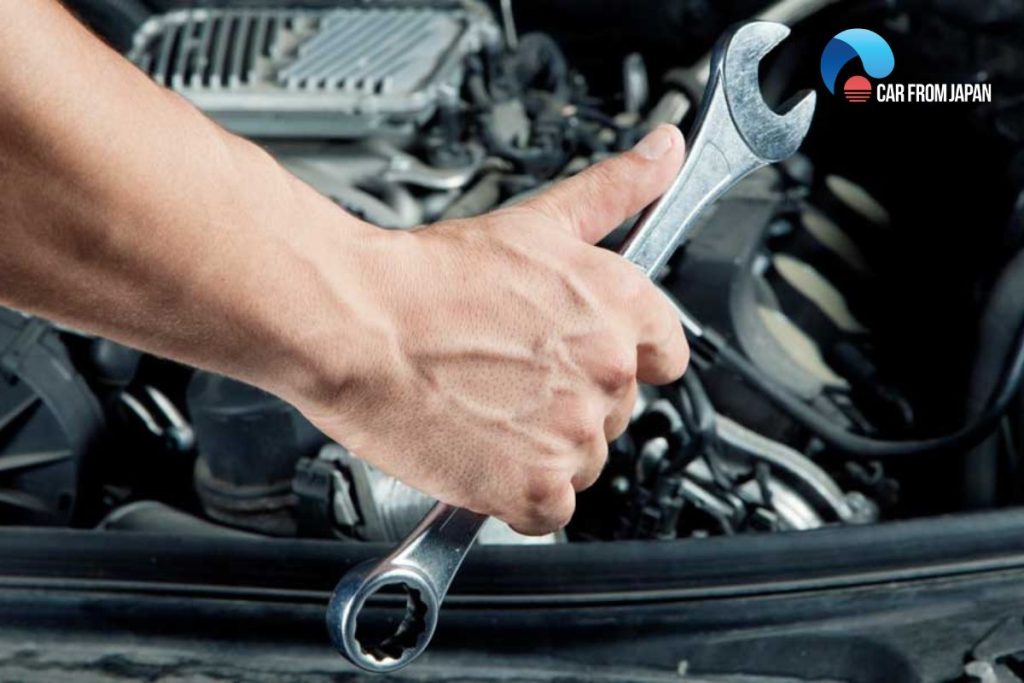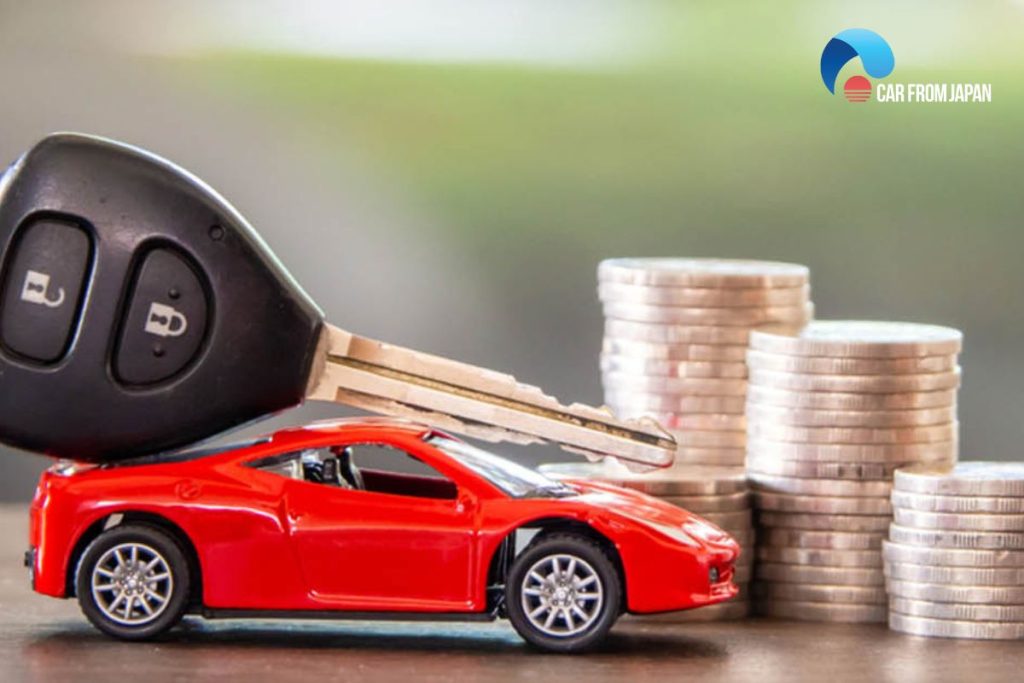A used car costs less than a new one. Many people choose this option to save money. You also avoid losing value quickly, which happens with new cars. But hidden costs often surprise buyers.
Repairs, inspections, and fees add up fast. What seems like a great deal can quickly become expensive.
Knowing these costs helps you prepare. It allows you to budget correctly and avoid stress later. When you understand what to expect, you can make a better decision and feel confident in your purchase.
Contents
When purchasing a used car online, it is important to be aware of the following five hidden costs.
The purchase of a used automobile appears to be a prudent approach to saving money. The cheaper price makes it the more advantageous option in many cases. Nevertheless, hidden costs may materialize, transforming a favorable offer into an expensive error.
Inspection and Certification Fees
You will feel more at ease after having a professional check done. It assists in locating issues that you might overlook, such as worn brakes, engine troubles, or damage that is hidden from normal view. When this process is skipped, it frequently results in costly repairs in the future.
An inspection costs between $100 and $300. Certification fees could be increased if the vehicle needs to provide evidence that it satisfies safety regulations. These expenses may be inconvenient, but they will shield you from much more significant problems in the future.
Repairs and Maintenance
It is common for used cars to require rapid repairs. Common problems include worn brakes, tires that are too old, and batteries that are too old.
Minor issues, such as replenishing fluids or repairing small parts, can soon add up to a significant amount of money.
Putting money aside for repairs is a necessary step. A budget of between $500 and $1,000 can cover all of these early expenses. In addition, it gets you ready for routine maintenance, such as changing your oil and rotating your tires.
Having a maintenance plan in place guarantees that your vehicle will continue to be dependable and helps you prevent more expensive repairs in the future.

Taxes and Registration Fees
Taxes on used automobiles vary depending on the location of the buyer and the price of the vehicle. While the price in certain states is based on a percentage of the vehicle’s value, the fee in others stays the same.
Due to the fact that these prices might vary greatly, it is essential to examine the local tax rules before making a purchase.
You will also be required to pay fees in order to register the vehicle and transfer ownership of it. This price might run anywhere from $50 to $500, depending on the state.
Although they might not seem like much, they are a significant contributor to the overall cost and should be factored into your budget.
Insurance Costs
Used automobile insurance premiums are determined by a number of different criteria. The age of the vehicle, its condition, and the safety features all have a significant effect. Your insurance prices may also increase if you have a history of accidents or modifications.
It is vital to compare the prices offered by various service providers. When it comes to older automobiles, some companies offer more affordable rates, while others may demand higher prices.
It is easier to locate the best value and avoid overpaying if you get many quotations from different vendors. Always double-verify the specifics of your plan to ensure that you are completely protected.
Financing Costs
Used automobile loans typically come with interest rates that are higher than average. The fact that lenders consider older automobiles to be a greater risk results in loan terms that are more expensive.
These additional costs might mount up over time, which can result in your car being more expensive than you had anticipated.
When it comes to loan agreements, it is essential to keep an eye out for any hidden expenses. The amount that you pay may increase as a result of additional expenditures such as processing fees, penalties for early payment, and other additional expenses.
In order to discover the greatest bargain, you should always thoroughly check the terms before signing, and you should also compare the offers from several lenders.

Even while hidden charges have the potential to damage a great deal, smart planning can help you prevent such costs. If you are aware of what to look for, you will be able to stick to your financial plan.
Researching the Car’s History
When you look into the past of a vehicle, you can find out about any accidents, recalls, or hidden issues. Utilize resources such as Carfax or AutoCheck to locate essential information. As well, ownership records are important.
It is clear from them whether the vehicle was owned by more than one person and how well it was maintained. You will feel more confident in your purchase if you have a clear history.
Scheduling a Pre-Purchase Inspection
Selecting the appropriate mechanic is critically important. Find someone who has expertise working with secondhand cars and who is trusted by other people.
Instruct them to examine important components such as the brakes, engine, tires, and suspension of the vehicle. An examination will reveal problems that you might have overlooked, protecting you from costly shocks in the future.
Negotiating the Total Price
Do not accept the price that is printed on the product’s label. Make a request for repairs to be included in the transaction, or ask the seller to offer discounts. Discuss the taxes, fees, and other additional costs in order to bring the total cost down.
The majority of the time, sellers are eager to haggle if you come prepared with research and are aware of the true value of the vehicle.
Reviewing Loan Terms and Insurance Rates
Pay close attention to the loan agreements. Check to see if there are any hidden fees or high interest rates, including charges for early payment. When you compare different lenders, you can locate a loan with more favorable terms.
It is important to get multiple insurance quotations. Coverage that is affordable protects you without overwhelming your financial resources.

Final Thoughts
It is possible to save money by purchasing a secondhand automobile; nevertheless, customers are frequently taken aback by hidden expenditures.
Costs such as inspections, repairs, taxes, and financing can soon add up to a significant amount. The first step to avoiding these expenditures is to understand them.
The ability to plan ahead enables you to stick to your financial plan. You can save time, money, and stress by putting money away for repairs, conducting research on the vehicle’s history, and evaluating the various financing and insurance alternatives.
Follow these steps to ensure that your purchase goes smoothly. If you make the appropriate preparations, you will be able to locate a fantastic deal and enjoy your car without any unanticipated surprises.



